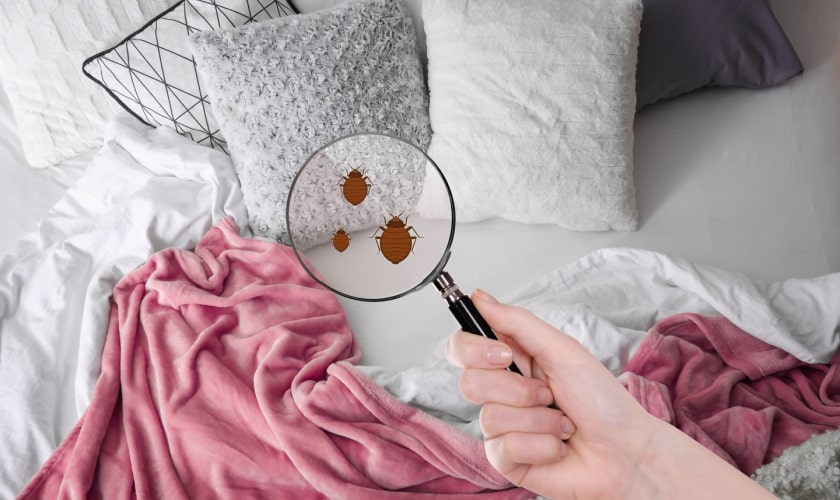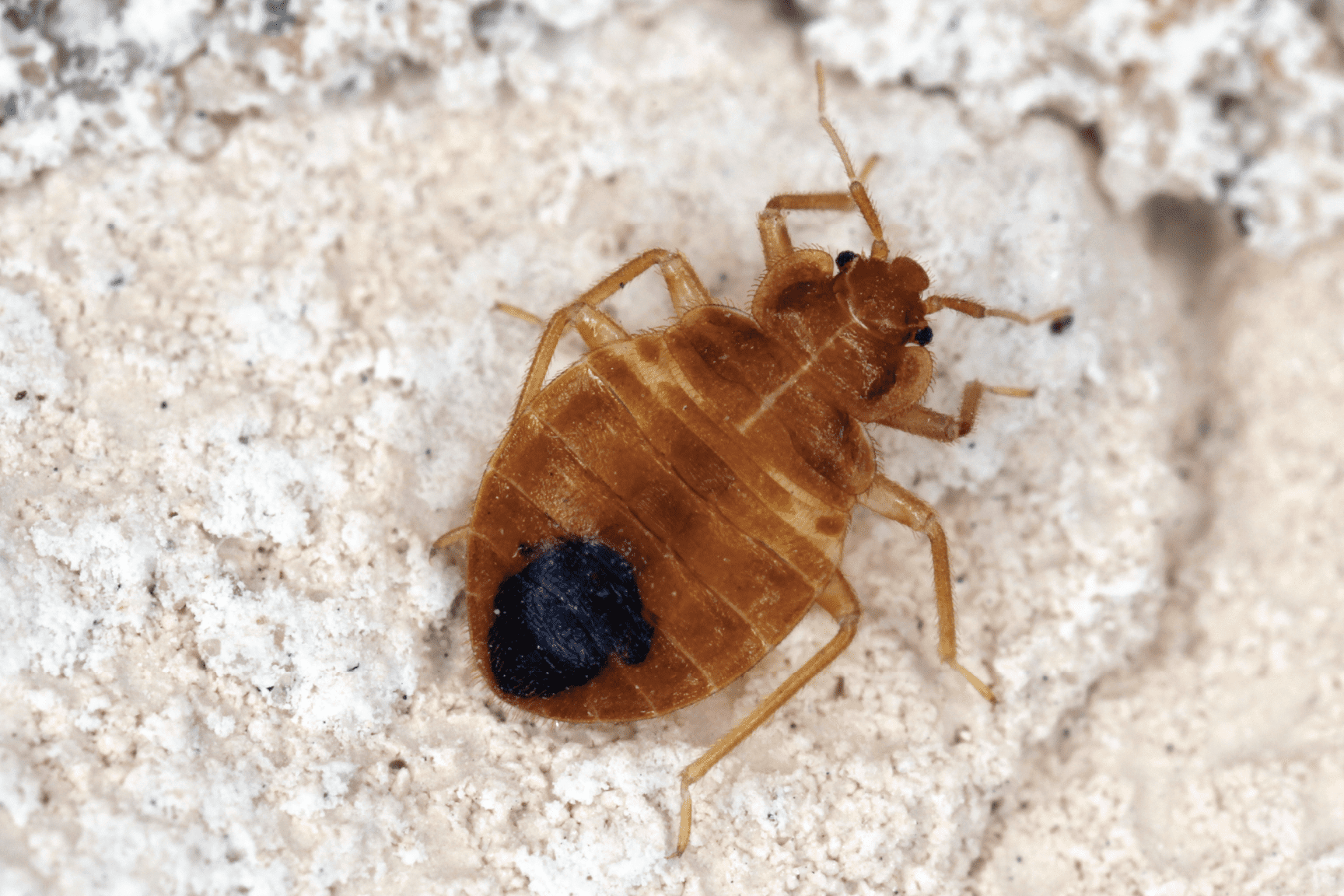Kinds of Insect Control: Which Method Is Right for Your Problem?
When faced with a pest infestation, the choice of a suitable method for parasite control is vital in properly handling the scenario. By checking out the different types of pest control techniques offered, individuals can make informed choices customized to their unique situations, ensuring a much more reliable and lasting result in parasite removal.
Chemical Bug Control
Chemical insect control involves using artificial or normally derived chemicals to handle and eliminate pest populaces properly. This approach is commonly made use of in agriculture, forestry, and property setups to combat a vast array of insects, including weeds, pests, and rodents. The usage of chemical pesticides can supply quick and targeted options to pest invasions, making it a popular choice for numerous people and organizations.
Among the crucial advantages of chemical pest control is its capacity to swiftly remove bugs, decreasing the danger of damage to crops, building, and human health and wellness. By utilizing details chemicals that target particular insects, this method can successfully regulate infestations while lessening injury to valuable organisms and the setting when used correctly.
However, making use of chemical pest control additionally increases concerns regarding potential damaging results on non-target varieties, water sources, and human health and wellness. It is crucial to comply with security standards, use chemicals properly, and think about alternative pest control techniques to decrease these risks and ensure lasting bug management methods.
Organic Insect Control
Biological bug control, likewise understood as biocontrol, makes use of living microorganisms to lower and take care of bug populations naturally. By using the pest's all-natural killers or microorganisms, organic parasite control provides a eco friendly and sustainable solution to pest monitoring.

Mechanical Parasite Control
Utilizing physical and manual techniques to manage parasite populations, mechanical parasite control supplies a different approach that does not count on the use of living organisms or artificial chemicals. This approach entails using obstacles, traps, or various other devices to physically deter or get rid of pests. By blocking insect entrance factors or establishing catches to catch them, mechanical parasite control can effectively reduce problems without introducing chemicals right into the environment.
One usual instance of mechanical bug control is making use of mesh screens on home windows and doors to stop bugs from entering buildings. This straightforward yet efficient method functions as a physical barrier, maintaining insects out while enabling correct air flow. In addition, gadgets like mousetraps, fly swatters, and ultrasonic repellents drop under the mechanical parasite control classification.
While mechanical bug control techniques can be labor-intensive and call for routine surveillance and maintenance, they provide a lasting and environmentally friendly service for managing insect invasions. By integrating various mechanical strategies, residential property owners can produce a detailed parasite control technique that lessens dependence on chemical pesticides.
Physical Bug Control

Some common physical parasite control techniques include using obstacles such as displays or internet to avoid bug access, catches to capture and eliminate bugs, and hand-picking to literally get rid of parasites from plants or frameworks. Additionally, methods like warmth treatments can be used to regulate bugs like bed bugs by increasing the temperature to levels that are dangerous to the bugs.
Physical insect control is especially beneficial in incorporated pest administration (IPM) approaches, where multiple bug control techniques are integrated for reliable pest administration while decreasing the use of chemicals. By making use of physical pest control strategies, individuals can efficiently address pest infestations with marginal ecological influence.
Integrated Pest Monitoring
When implementing physical insect control approaches as part of parasite monitoring methods, Integrated Insect Monitoring (IPM) becomes a thorough strategy that leverages various methods to efficiently control pest populaces. IPM concentrates on long-lasting avoidance of insects with a combination of biological, social, physical, and chemical devices tailored to specific parasite concerns. By integrating numerous control methods, IPM aims to decrease the dangers related to bugs while likewise lowering reliance on chemical remedies.
One key facet of IPM is the emphasis on surveillance and evaluating pest populations to identify one of the most proper control approaches. This positive strategy permits early treatment and targeted approaches, resulting in a lot more effective parasite administration. Furthermore, IPM promotes eco-friendly practices by prioritizing non-chemical control approaches and only utilizing chemicals as a last option.
Conclusion

By using the insect's natural killers or microorganisms, biological insect control provides a sustainable and environmentally pleasant option to pest administration. - Kings pest control Cincinnati
Using hand-operated and physical approaches to manage parasite populations, mechanical parasite control supplies a different approach that does not count on the usage of living microorganisms or artificial chemicals.An efficient method to handling insect populations without counting on chemical or organic techniques involves the usage of physical pest control methods.When implementing physical insect control techniques as component of insect administration approaches, Integrated Pest Management (IPM) emerges as an article source extensive technique that leverages different methods to efficiently control pest populaces. Chemical pest control involves the usage of chemicals, biological insect control utilizes all-natural killers, mechanical pest control includes physical obstacles, physical insect control consists of capturing or getting rid of bugs, and incorporated bug monitoring combines numerous methods for an all natural strategy to you can look here pest control.
Comments on “Kings Pest Control Expert Cincinnati: Reliable Pest Administration”